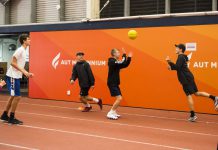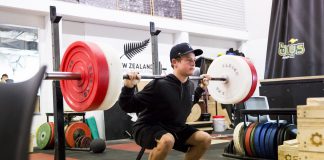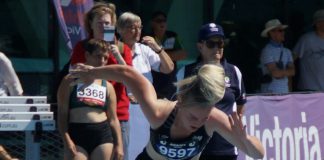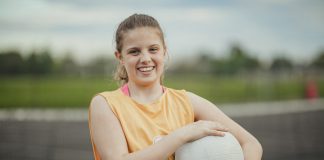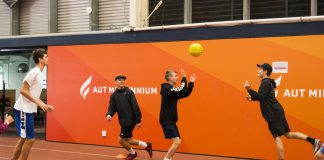In the second of our three-part series, AD Academy Programme Manager and Lead Coach Patrick Davenport focuses on the importance of sleep for the adolescent athlete.
We spend around 33% of our lives in bed – or at least we should do if we’re getting that illustrious 8 hours of shut-eye each night. In terms of ‘letting the concrete set’, it’s easy to see how sleep might impact recovery, and when considering the growing young athlete, sleep is especially essential. Most of our muscle healing and growth occurs during sleep, as the bulk of growth hormones responsible for this repair are released specifically ‘deep sleep’ also known as REM (Rapid Eye Movement) sleep.
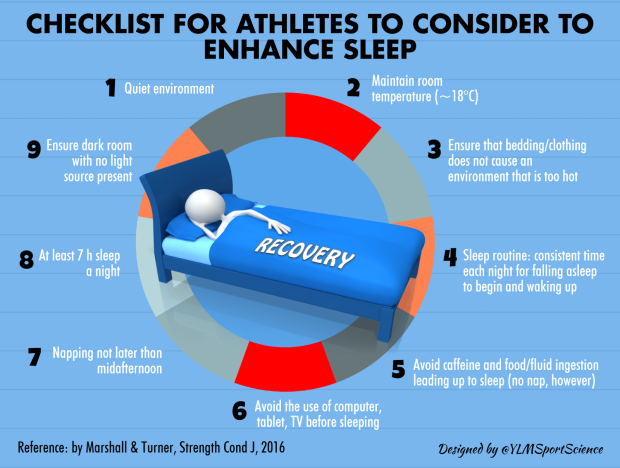 Our youth athletes tend to really struggle to get sleep; there are so many distractions in their lives which stop them from getting to bed early enough. So here are a couple of basic strategies for ensuring that our young athletes are getting some quality shut-eye:
Our youth athletes tend to really struggle to get sleep; there are so many distractions in their lives which stop them from getting to bed early enough. So here are a couple of basic strategies for ensuring that our young athletes are getting some quality shut-eye:
1: Ditch the screens. Mobile phones keep our brains awake. The backlight somewhat mimics daylight for our eyes and interferes with the body’s natural circadian rhythm – our natural response cycle of sleeping when it’s dark out. It takes around 30-60 minutes for our brains to transition from an alert state towards sleep-ready, so getting rid of screens no later than 30 minutes before you hope to be asleep should help.
2: Have a routine. Creating a consistent routine before going to bed each night helps keep our circadian rhythm in check. Consider keeping bed time the same each night and avoid drastic fluctuations in this, regardless of which day of the week it is, if possible. Examples of pre-sleep routines include: a nightly stretch/mobility series, book reading (under a dim light of course) or a pre-sleep shower (thought to help us get to sleep quicker through enhanced thermoregulation).
Each athlete differs in their sleep needs, but there’s no doubt they need to take the amount of sleep they get very seriously, as it impacts their recovery and overall performance. For more on sleep, check out this blog from Dr Craig Harrison.

























